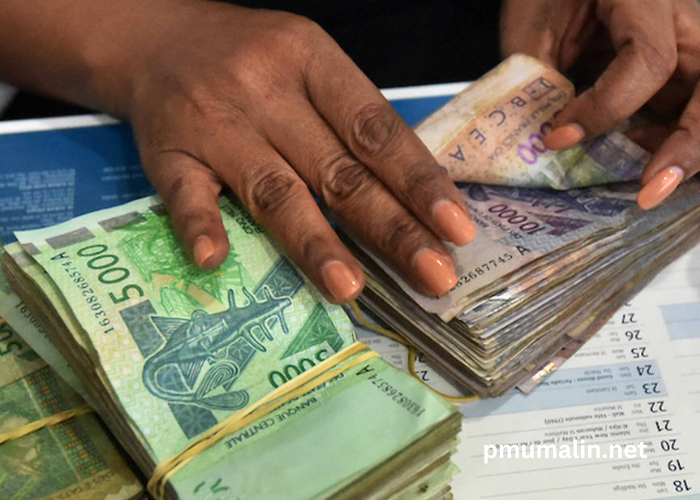Currency conversion is a crucial aspect of international finance, especially for regions like West Africa where the West African CFA franc (XOF) is widely used. One common conversion is from US dollars to CFA francs. In this guide, we’ll delve into the dynamics of converting dollars to CFA francs, explore the factors influencing exchange rates, and provide practical tips for efficient currency conversion.
Understanding the CFA Franc
The West African CFA franc is the currency used by eight West African countries, including Benin, Burkina Faso, Guinea-Bissau, Ivory Coast, Mali, Niger, Senegal, and Togo. Its value is pegged to the euro, ensuring stability in exchange rates. This pegging mechanism is overseen by the Banque Centrale des États de l’Afrique de l’Ouest (BCEAO) and the Banque des États de l’Afrique Centrale (BEAC) for the respective regions.
Factors Influencing Exchange Rates
Several factors influence the exchange rate between the US dollar and the CFA franc. These include:
Economic Indicators: Economic indicators such as inflation rates, GDP growth, and trade balances impact currency values.
Monetary Policies: The monetary policies of the US Federal Reserve and the Central Bank of West African States (BCEAO) play a significant role in exchange rate movements.
Political Stability: Political stability affects investor confidence and, consequently, currency values.
Market Sentiment: Market sentiment, influenced by geopolitical events and global economic trends, can cause fluctuations in exchange rates.
Currency Conversion Methods:
There are various methods for converting dollars to CFA francs
Banks and Exchange Agencies: Banks and currency exchange agencies offer conversion services, but they may charge fees and offer less favorable exchange rates.
Online Currency Converters: Online currency converters provide real-time exchange rates and convenient conversion tools.
ATMs: ATMs in West African countries often dispense CFA francs, allowing travelers to withdraw local currency directly from their US dollar accounts.
Tips for Efficient Currency Conversion
Monitor Exchange Rates: Keep an eye on exchange rate fluctuations to identify favorable conversion opportunities.
Compare Conversion Options: Compare conversion rates and fees from different providers to get the best deal.
Avoid Airport Currency Exchanges: Airport currency exchanges typically offer less favorable rates and higher fees.
Consider Timing: Convert currency when exchange rates are favorable to maximize your conversion value.
Plan Ahead: Plan your currency conversion needs in advance to avoid last-minute, expensive conversions.
Currency Hedging: Consider using currency hedging instruments such as forward contracts or options to mitigate currency exchange risks, especially for large transactions or investments.
Stay Informed: Stay informed about economic and political developments in both the United States and West African countries to anticipate currency fluctuations and make informed conversion decisions.
Use Local Currency: When traveling or conducting business in West African countries, try to use local currency for transactions to avoid unfavorable exchange rates and additional fees associated with converting foreign currency.
Seek Professional Advice: If you’re dealing with significant currency conversion amounts or complex financial transactions, consider seeking advice from financial professionals or currency exchange experts to optimize your conversion strategy.
Diversify Currency Holdings: Consider diversifying your currency holdings to include both US dollars and CFA francs to spread currency risk and take advantage of potential currency appreciation opportunities.
Conclusion
Converting US dollars to CFA francs requires understanding exchange rate dynamics, considering conversion options, and implementing effective conversion strategies. By following the tips outlined in this guide, individuals and businesses can navigate currency conversion processes more efficiently and make the most of their financial transactions in West Africa.







